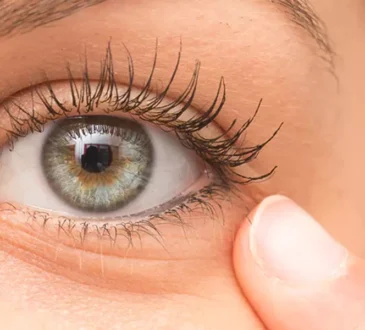
Stress is a normal part of life. We all encounter deadlines, responsibilities, and unexpected challenges. But when stress becomes chronic—lasting for weeks, months, or even years—it can take a serious toll on both physical and mental health. Left unchecked, chronic stress can evolve into something much more serious: depression.
Understanding the connection between chronic stress and depression is crucial. While stress doesn’t always lead to depression, it can create the emotional and physiological conditions that make depression more likely. If you’re feeling worn down but unsure whether your stress has crossed the line, here are 10 signs to watch for.
1. You Feel Exhausted All the Time
One of the earliest and most common signs is persistent fatigue. This isn’t just about feeling a bit tired after a long day—it’s a bone-deep exhaustion that doesn’t improve with rest. Chronic stress keeps your body in a heightened state of alert, which overworks your nervous system. Eventually, this drains your energy and leaves you feeling depleted, both mentally and physically.
2. Sleep Isn’t Helping
Sleep and mood are closely linked, and stress often disrupts healthy sleep cycles. You may find yourself lying awake for hours or waking up frequently in the middle of the night. In some cases, people oversleep but still feel groggy during the day. When stress-related sleep disturbances become chronic, they can interfere with the brain’s ability to regulate emotions, increasing the risk of depression.
3. You’ve Lost Interest in Things You Used to Enjoy
If activities that once brought you pleasure—like hobbies, social outings, or even watching your favorite shows—now feel dull or meaningless, it’s a red flag. This loss of interest, known as anhedonia, is a core symptom of depression. Chronic stress can wear down your emotional resilience and make it difficult to experience joy or motivation.
4. You Feel Irritable or Angry More Often
Stress doesn’t always look like sadness. In fact, it often shows up as frustration or irritability. You may snap at loved ones or coworkers over small things, or feel overwhelmed by even minor inconveniences. These heightened emotional responses can be signs that your stress is affecting your mood regulation—something that often precedes depressive episodes.
5. You’re Struggling to Concentrate
Mental fog, forgetfulness, or difficulty focusing are common side effects of prolonged stress. When your brain is constantly in “fight or flight” mode, it becomes harder to process information clearly or stay on task. If this cognitive strain persists, it can lead to feelings of inadequacy or failure, which can deepen into depression.
6. Physical Aches and Pains Keep Showing Up
The mind and body are deeply connected, and chronic stress can manifest physically. Tension headaches, back pain, muscle stiffness, and even digestive issues may become more frequent. When your body feels under constant siege and you don’t see relief in sight, it’s easy to become emotionally overwhelmed as well.
7. You Feel Isolated or Disconnected
Long-term stress often causes people to withdraw socially. You might cancel plans, avoid phone calls, or feel like you’re just going through the motions in conversations. This isolation, whether intentional or unintentional, can fuel feelings of loneliness—a key contributor to depression.
8. Your Appetite Has Changed
Changes in eating habits—either eating too much or too little—can signal emotional distress. Stress may lead some to overeat for comfort, while others lose their appetite entirely. Over time, these changes can affect your body chemistry and energy levels, further increasing your vulnerability to depression.
9. You’re Experiencing Feelings of Hopelessness
Perhaps the most alarming sign is a growing sense that things won’t get better. When stress feels inescapable, it can start to erode your sense of hope. You might catch yourself thinking, “What’s the point?” or believing that your efforts won’t change your situation. These thoughts are hallmark signs of depression and should never be ignored.
10. You’ve Thought About Giving Up or Hurting Yourself
If chronic stress has led to feelings of self-harm, or even just the thought of not wanting to go on, it’s a serious warning sign that depression may be present. These thoughts can range from fleeting to persistent, but any mention of suicide or self-harm should be taken seriously. Reach out for help immediately if you are experiencing this.
When to Seek Support
Recognizing the early signs of depression is the first step toward healing. Chronic stress is not a weakness—it’s a signal that your body and mind need care. If you recognize several of these symptoms in yourself or someone close to you, it may be time to explore counseling for depression. A mental health professional can help untangle the roots of your stress and provide tools to rebuild emotional well-being.
Depression doesn’t have to be the outcome of chronic stress. With the right support, healing is not only possible—it’s probable. Pay attention to the signs, trust your instincts, and know that seeking help is a strength, not a failure.




